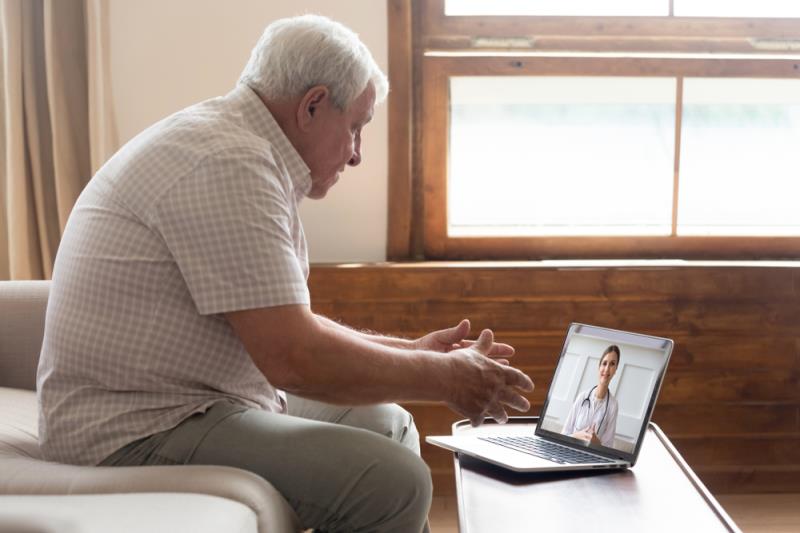
Remote delivery of cognitive behavioural therapy (CBT) shows potential in the management of anxiety among stroke survivors, according to the results of a feasibility study.
Researchers recruited 27 adult community-based men and women (mean age, 65 years; 56 percent male) with anxiety who had experienced a minor stroke or transient ischaemic attack (TIA; median modified Rankin Scale score, 1). Participants were randomized to a telemedicine guided self-help CBT intervention (TASK-CBT; n=14) or relaxation therapy (TASK-Relax; n=13). All participants were invited to use a wrist-worn actigraphy sensor, which recorded actigraphy, light, and wrist temperature. The intervention lasted 20 weeks.
The TASK-CBT intervention was delivered remotely via telephone, treatment website, email, and mobile text. Participants had six weekly telephone sessions conducted by a stroke physician trained in CBT. They received an online task to practise between sessions and was prescribed one or more of the psycho-educational videos on the TASK-CBT treatment website.
On the other hand, participants in the TASK-Relax group received one introductory telephone session only. They were instructed to watch an introductory video and do relaxation tasks, such as performing a breathing exercise and listening to music or sounds for relaxation, among others.
About a half had a history of anxiety or depression and had modest/severe anxiety at baseline. Remote self-enrolment, electronic signature, intervention delivery, and automated follow-up were feasible. All participants in the TASK-CBT group completed all sessions (14/14).
Anxiety levels were lower in the TASK-CBT vs the TASK-Relax group at both weeks 6 and 20. Mean actigraphy sensor wearing-time was 33 days.
The preliminary data from the current study show that telemedicine-delivered CBT is a viable approach to treat anxiety after stroke/TIA and that wrist-worn actigraphy sensor is useful for collecting objective data, according to the researchers.
Overall, the study supports a larger definitive clinical trial, they added.